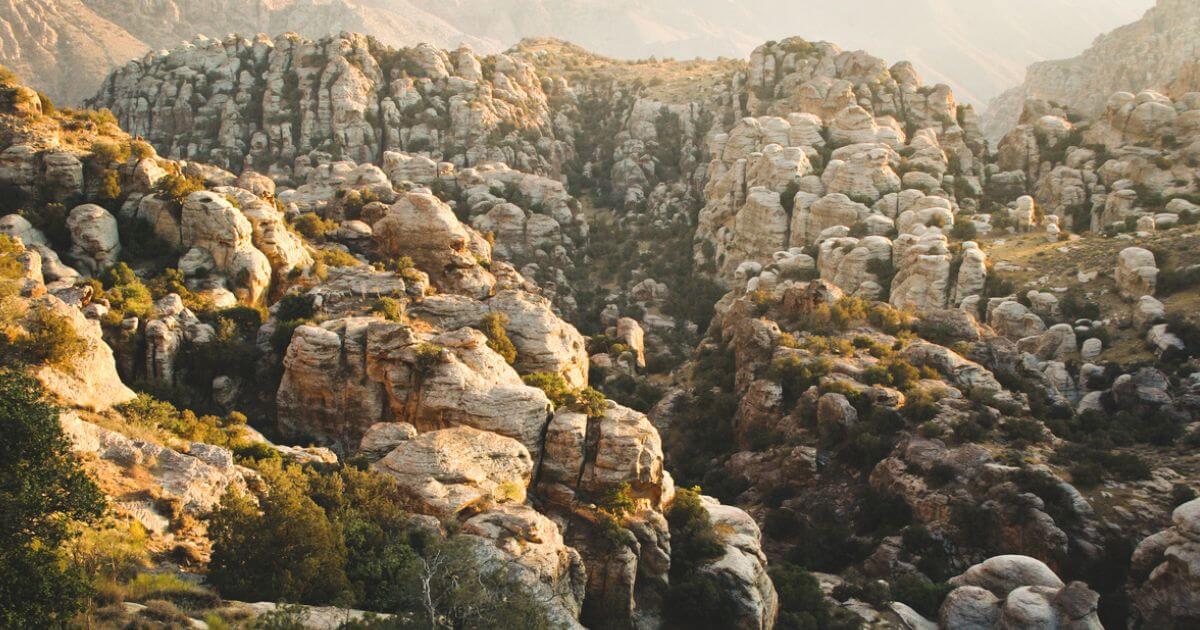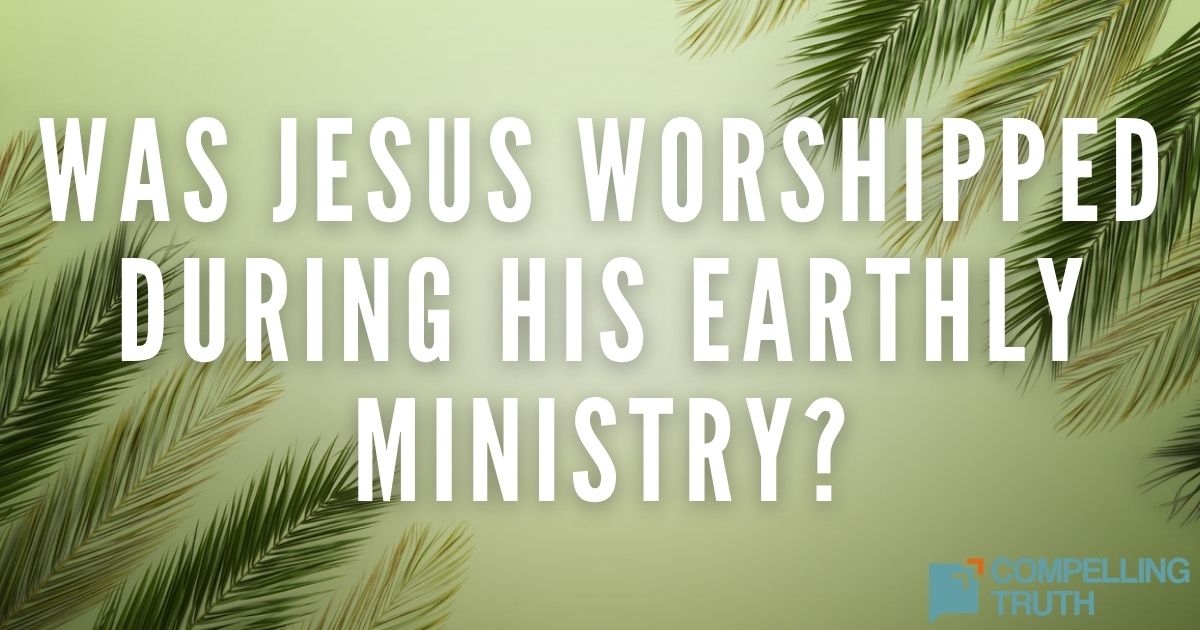In Luke 19:40, Jesus declares that if the people do not praise Him, "the very stones will cry out." Jesus, being God, is worthy of all praise. “The rocks will cry out” points to the reality that all creation, even inanimate objects like rocks, is made to glorify God (Psalm 19:1; Colossians 1:16). Human praise is essential because of who God is and what He has done, but even if it is withheld, creation will fill the void, fulfilling its purpose to honor God (Genesis 1:27). The concept of rocks crying out is a vivid reminder that everything in creation is meant to glorify God, and humans, made in His image, have a unique responsibility to praise Him (Psalm 148). We, believers, are called to actively participate in worship and to live for God, which reflects His glory.
Picturing rocks crying out in praise of God is just one of many vivid pictures we get throughout the Bible of God's creation praising Him. Psalm 114:4 says "the mountains skipped like rams, the hills like lambs" when God brought the Israelites out of Egypt. Psalm 114:7 says, "Tremble, O earth, at the presence of the Lord, at the presence of the God of Jacob." Isaiah 55:12 states, "For you shall go out in joy and be led forth in peace; the mountains and the hills before you shall break forth into singing, and all the trees of the field shall clap their hands." In Psalm 148, we see a call for all created things to praise the Lord—the angels, the sun, moon, and stars, sea creatures, water, fire and hail, snow and mist, wind, mountains and hills, trees, land animals and birds, kings and rulers, all people, young men and women, old men and children. All people and all things were created for the pleasure and glory of the Creator of them all. Therefore, let us join in this universal chorus of praise with the exhortation from Psalm 150:6: "Let everything that has breath praise the LORD! Praise the LORD!"




